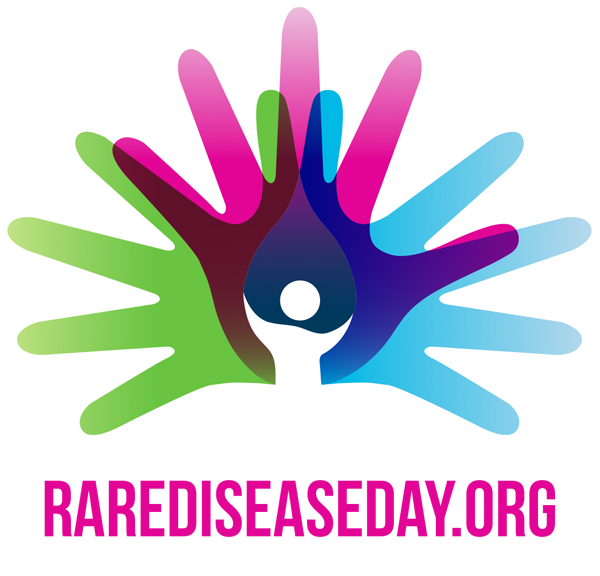The 29th of February will mark the 9th International Rare Disease Day, followed shortly afterwards by World Birth Defects Day on the 3rd of March. Hundreds of events to mark these two important days have been organised in over 80 countries around the world. This year’s theme for International Rare Disease Day will be ‘Patient Voice’. At PHE, the patient voice has always been crucial in shaping and guiding our work to improve the lives of children born with a birth defect (also known as a congenital anomaly) and of people living with a rare disease.
In England, a parliamentary reception, to be hosted by Rare Disease UK, will be held at the House of Commons on the 2nd March 2016. The reception will see the launch of a report from the UK Rare Disease Forum, the group overseeing the implementation of the UK Strategy for Rare Diseases. PHE has been an active member in contributing to this forum, and in ensuring that our work towards addressing the 51 commitments outlined in the UK Strategy for Rare Diseases continues at pace.
Why rare disease and congenital anomaly registration is important
Up to 1 in 20 babies are born with problems such as cleft palate, spina bifida or Down’s syndrome. Congenital anomalies are one of the leading causes of perinatal and infant mortality, and babies that survive and live with these conditions often have long term disabilities.
There are over 6000 recognised rare diseases and, whilst each specific condition affects less than 1 in 2000 of the UK population, collectively rare diseases are not rare. 1 in 17 people will be affected by a rare disease at some point in their life, that is approximately 3.5 million people in the UK, and 75% of rare diseases affect children.
Very little is currently known about a large proportion of rare diseases. In many instances, even basic information, such as the number of individuals who have been diagnosed with a particular condition, is not known. The national registration of these conditions, and the collection of information about them, is therefore hugely important in advancing our knowledge, and in enabling improvements in the care and medical treatment of people living with a rare disease.
The increasing focus on the study of the natural history of rare diseases helps to support the development of new treatments across the whole of medicine. In this way we can all benefit from research into rare diseases. By the further sharing and pooling of this knowledge and information at a European level, we are able to greatly increase the opportunities that are available for researchers, clinicians and patient groups to learn more about individual rare diseases.
In England, improved congenital anomaly and rare disease registration will support research into the cause, prevention, diagnosis, treatment and management of these conditions. In addition, the data held by NCARDRS will be used to inform the planning and commissioning of public health and health and social-care services, and will empower patients and patient groups through the provision of improved information relevant to their condition.
PHE is making progress on rare diseases
The National Congenital Anomaly and Rare Disease Registration Service, NCARDRS, Public Health England, launched on 1st of April 2015, as a resource to support patients, clinicians, service delivery, commissioning and public health. The register is central to the UK Rare Disease Strategy and the Department of Health 2020 Vision on Rare Diseases.
NCARDRS incorporates the regional congenital anomaly registers and the National Down Syndrome Cytogenetic Register (NDSCR), and in those parts of the country where there was no data collection, new regional teams have now been established. Additionally, the service includes Orphanet UK, an international rare disease and orphan drugs portal.
In keeping with this year’s International Rare Disease Day theme of Patient Voice the NCARDRS team have been working in a number of ways to ensure that the views of patients, their families and carers are central to the development and design of our registration service. As we now work towards the expansion of the register, from its origin as a congenital anomaly registration service, to include rare diseases, we will continue to engage with patients and their families to ensure that their voice is heard and that our service will directly support better care and drive improvements in clinical outcomes.

